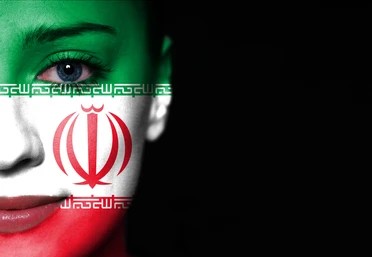10 Things You Are Not Allowed to Do in Iran

Iran, a country with a rich history, stunning landscapes, and deep cultural roots, is also governed by strict laws and regulations that reflect its Islamic traditions. Visitors to Iran should be aware of these rules to avoid potential legal issues or offending local sensibilities. Here are ten things you are not allowed to do in Iran:
1. Consuming Alcohol
Alcohol is strictly prohibited in Iran for both residents and tourists. Possession, purchase, or consumption of alcohol can result in severe penalties, including fines or imprisonment. Non-Muslim religious minorities are allowed limited use of alcohol for religious ceremonies, but this exemption does not extend to visitors.
2. Public Displays of Affection
Iran’s conservative culture forbids public displays of affection between men and women, even if they are married. Holding hands may be acceptable in some areas, but kissing, hugging, or other intimate gestures are considered inappropriate and can attract legal repercussions.
3. Failing to Adhere to Dress Codes
Iran enforces a strict dress code based on Islamic principles. Women must wear a hijab (headscarf) and modest clothing that covers their arms and legs. Men should avoid wearing shorts or sleeveless shirts in public. Failure to comply with these dress codes can lead to fines or even arrest.
4. Criticizing the Government or Religion
Freedom of speech is limited in Iran. Criticizing the government, religious authorities, or Islamic principles is a criminal offense. Tourists should avoid discussing sensitive political or religious topics, especially in public or on social media.
5. Photography of Restricted Areas
Taking photos of government buildings, military installations, or other sensitive areas is strictly forbidden. Doing so can lead to accusations of espionage, resulting in serious consequences. Always ask for permission before photographing people or religious sites.
6. Interacting Freely with the Opposite Gender
Unmarried men and women are not allowed to interact freely in public. Physical contact, even a handshake, is discouraged between unrelated individuals of the opposite gender. Be respectful of these cultural norms to avoid offending locals.
7. Promoting or Practicing Non-Islamic Religions Publicly
While Iran recognizes certain religious minorities, public promotion or practice of non-Islamic religions can lead to legal issues. Missionary activities, distributing non-Islamic religious texts, or converting others to a different faith are strictly prohibited.
8. Homosexuality and LGBTQ+ Expressions
Homosexuality is illegal in Iran and is punishable by imprisonment, corporal punishment, or worse. Public expressions of LGBTQ+ identity or advocacy for LGBTQ+ rights are considered serious offenses. LGBTQ+ travelers should exercise extreme caution.
9. Participating in Protests or Political Activities
Joining protests, rallies, or political gatherings is highly risky for both locals and foreigners. Participation in such activities can lead to detention, interrogation, or deportation for visitors.
10. Showing Disrespect to Islamic Practices or Symbols
Iran’s laws are deeply rooted in Islamic values. Disrespecting Islamic rituals, symbols, or customs, such as interrupting prayers, mishandling the Quran, or eating in public during Ramadan, is considered offensive and can lead to legal consequences.
Iran is a country of extraordinary beauty and culture, but its strict legal framework and traditional values require visitors to be mindful of their behavior. Respecting local laws and customs not only ensures a trouble-free trip but also allows travelers to connect more meaningfully with the people and culture of this fascinating nation.




